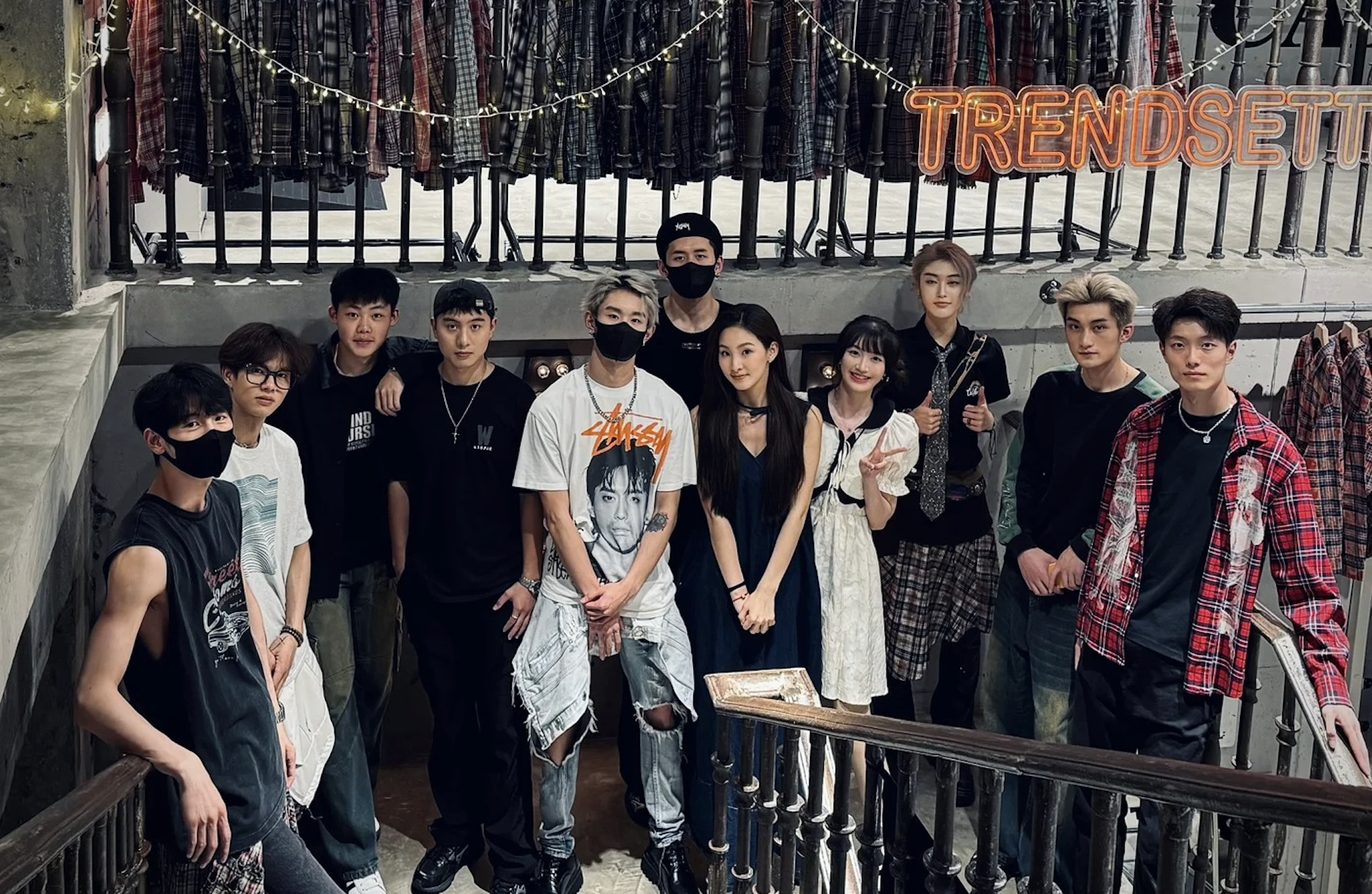Video sharing websites and livestreaming platforms in China are having a tough time at the moment.
We previously reported that 77 hanmai songs were banned in February, and later a few of the hottest MCs were banned across all livestreaming platforms. More recently, video sharing websites such as Bilibili and iQiyi have been influenced by new regulations directed at “disrespect[ing] the author’s original work,” released on March 22. And at the beginning of this month, China’s Ministry of Culture and Tourism announced that companies who make videos that “disrespect classic red songs [ie, patriotic Communist anthems] and heroes, like the Yellow River Cantata” — and the platforms that allow these videos to be released, such as Sina Video, iQiyi, Meipai, and others — have been investigated and fined.
 77 Songs Banned on YY With New RegulationsArticle Feb 02, 2018
77 Songs Banned on YY With New RegulationsArticle Feb 02, 2018
While GUI CHU videos that re-edit classic TV shows can still be seen on Bilibili, there are more severe issues affecting livestreaming platforms, which are now drawing much more attention. CCTV.com and The Paper reported that videos of unmarried teenage mothers was a growing trend on Kuaishou (快手), one of the most popular livestreaming platforms, and criticized the platform for encouraging the topic through its intelligent recommendation function.
Kuaishou apologized for its algorithm’s faults on April 3 over social media site Weibo, and vowed to close the auto-recommendation function until the system is optimized as “clean and with positive energy.” Days later, the company also pledged to recruit 3,000 new employees with the specific aim of policing content.
 China’s tech giants are following users back to their small city hometownsArticle Aug 18, 2017
China’s tech giants are following users back to their small city hometownsArticle Aug 18, 2017
On April 4, the State Administration of Radio and Television and Cyberspace Administration of China interviewed Kuaishou and Jinri Toutiao (今日头条, literally “Today’s Headlines”), mandating the two platforms to:
- Thoroughly check all videos on their platforms, and take down all vulgar, violent, pornographic and harmful ones;
- Stop adding new accounts, and thoroughly check all current accounts;
- Ban accounts that violate regulations, such as those of Wang Lele, Yang Qingning, Paipai Qi, and put them on an inter-platform blacklist;
- Limit the amount of uploaded programs, and ensure that uncensored videos cannot be uploaded.
From April 5-10, besides Kuaishou, another livestreaming and video sharing platform called Hypstar (火山小视频), which is owned by Jinri Toutiao, has declared that it will thoroughly self-censor all user-generated content on the platform. “We will suspend updating the ‘Video’ channel, and only recommend content with positive energy,” the company wrote in an announcement on Weibo, continuing: “We will strictly manage adolescent accounts by allowing them to upload videos only under parental supervision” and “banning adolescent users livestreaming.”
These words may not be enough. Just today, it’s been reported that Jinri Toutiao — the flagship product of Beijing company Bytdance, valued at an estimated $20 billion — has been removed from app stores in China through the end of the month, presumably as it sorts this all out.
In addition, Fenghuang Xinwen (凤凰新闻 “Phoenix News”), NetEase News (网易新闻), and Tiantian Kuaibao (天天快报 “Daily Report”) will reportedly face similar, shorter download suspensions as of 3pm this afternoon.
Video is the future of the internet, but teenagers are the future of the country. It will be interesting to see how these latest regulations shape the future of internet culture in China.
Related:
 ByteDance Stakes a Claim in the War for Young China’s AttentionArticle Feb 27, 2018
ByteDance Stakes a Claim in the War for Young China’s AttentionArticle Feb 27, 2018
 China’s Gen Z Anime Fans Rejoice as Bilibili Goes Public in USArticle Mar 30, 2018
China’s Gen Z Anime Fans Rejoice as Bilibili Goes Public in USArticle Mar 30, 2018
Cover image: Some of Hypstar’s recently-banned content
















